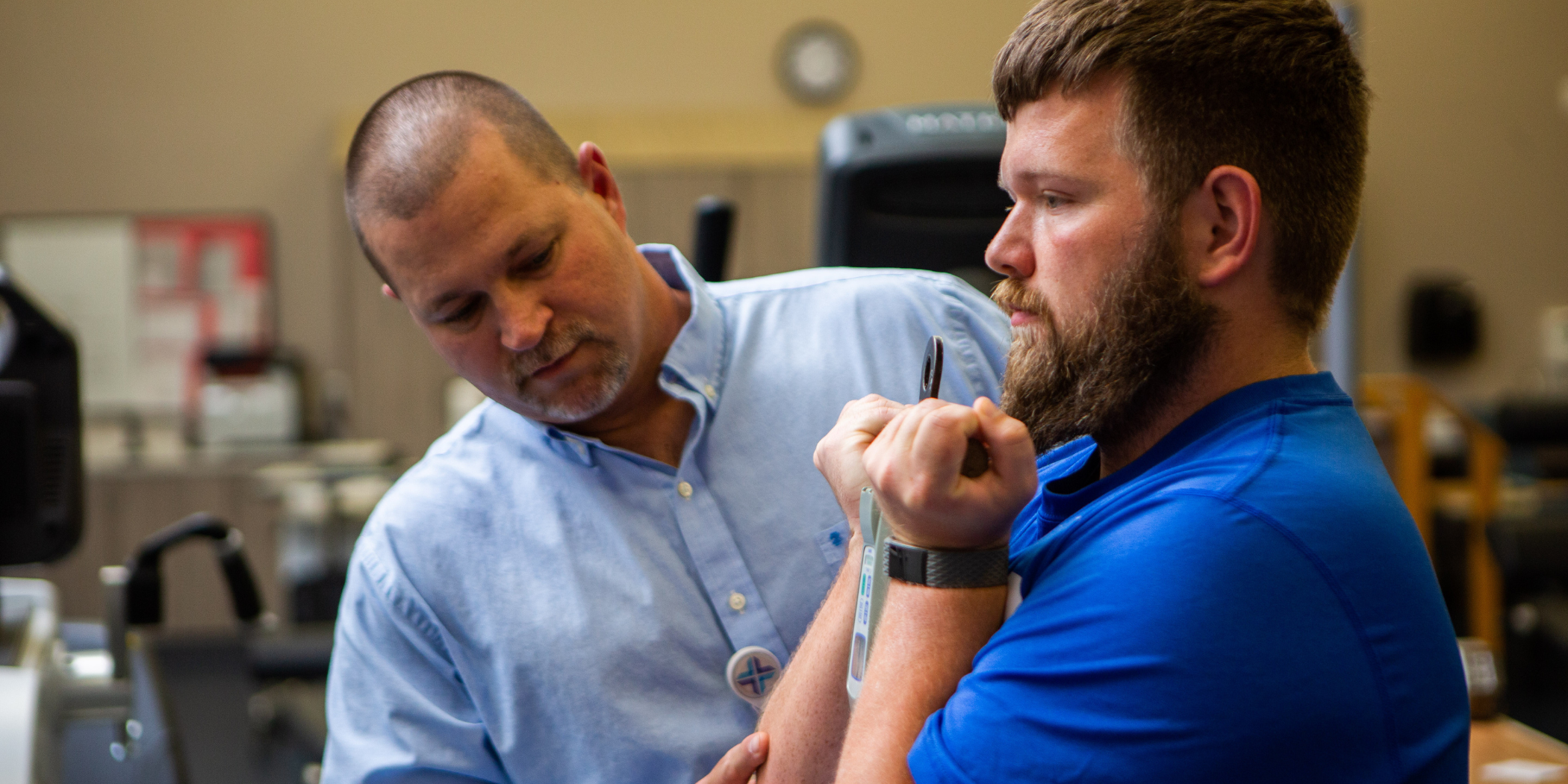
You are feeling very sleepy
How Not Enough Sleep is Ruining Your Day and Health
This morning you dragged into work, yawning and thinking only of going back to bed when you get home tonight. You make a beeline for the office coffee maker—your first of three cups. Later that morning you check yourself in the mirror; noticing dark circles under your eyes and think about picking up a new under-eye serum to hide the effects of your lack of sleep.
While you're tired of being tired, you may not realize that staying up too late bingeing on Netflix isn't just affecting your appearance, it's hurting your health.
Getting a good night's sleep is very important for a healthy lifestyle. Sleep regenerates our body, calms us down and keeps us refreshed for the following morning. But unfortunately a lot of people take this for granted and don't get enough sleep.
How is lack of sleep affecting my body?
- Weight gain—Several studies have linked insufficient sleep to weight gain. For example, one study found that people who slept fewer than six hours per night on a regular basis were much more likely to have excess body weight, while people who slept an average of eight hours per night had the lowest relative body fat of the study group.
- Diabetes—Studies have shown that people who reported sleeping fewer than five hours per night had a greatly increased risk of having or developing type 2 diabetes. Studies have found improved sleep can positively influence blood sugar control and reduce the effects of type 2 diabetes.
- Heart health—A recent study found that even modestly reduced sleep (six to seven hours per night) was associated with a greatly increased the risk of complications that lead to heart attack.
- Decreased immune function—Do you keep getting colds? The connection between sleep and the immune system has been well documented. Sleep deprivation increases the levels of many inflammatory mediators, and infections, in return, affect the amount and patterns of sleep. In a recent study, people who averaged less than seven hours of sleep a night were more likely to develop cold symptoms.
- Skin—Not getting enough sleep will affect your skin, making it more prone to dullness, uneven pigments, rough texture, wrinkles or even chronic conditions like rosacea.
- Concentration—Being tired makes it harder to stay alert or focused on your work, affecting your tasks and work performance. Lack of sleep also affects your memory making it hard to remember important information for your job.
- Your mood—Not getting enough sleep can make you a grouch. Lack of sleep makes us less friendly, and may also make you more stressed.
Sometimes, tiredness is not just a matter of staying up too late. Some people may feel they are getting plenty of sleep at night but still waking up tired. If nothing helps you feel rested, it may be time to partake in a sleep study.
During a sleep study, you would spend the night at a sleep center where your rest is monitored. From the data collected while you are sleeping, physicians can diagnose possible disorders that keep you from feeling rested.
How much sleep should I be getting?
- Primary school children – need about nine to 10 hours. Studies show that increasing your child's sleep by as little as half an hour can dramatically improve school performance.
- Teenagers – need about nine to 10 hours, too. Teenagers have an increased sleep requirement at the time when social engagements and peer pressure cause a reduction in sleep time. Lifestyle factors such as early school start times deprive them of the required sleep. There is evidence that around the time of becoming a teenager, there is a shift in the sleep-wake cycle to being sleepy later in the evening with a preference for waking later.
- Adults – need about eight hours, depending on individual factors. We tend to need less sleep as we age, but be guided by your own state of alertness – if you feel tired during the day, aim to get more sleep.
To learn more about whether a sleep study is right for you, call Spartanburg Regional Sleep Services at 864-529-3465.











